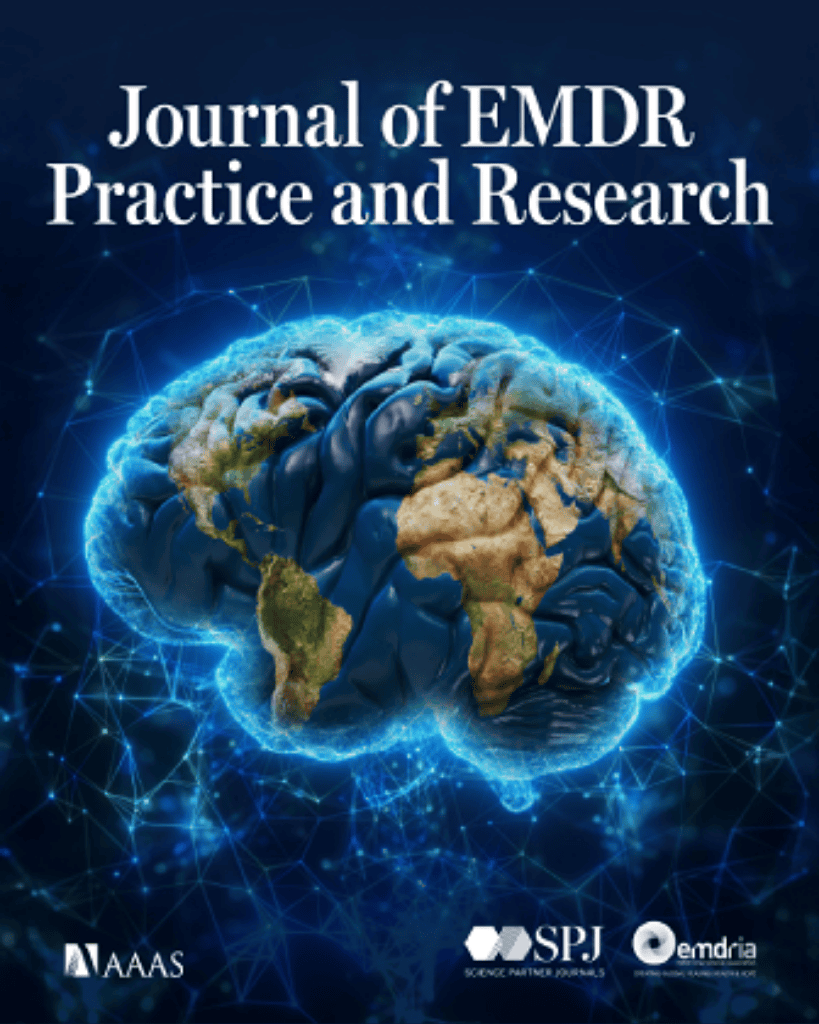Affect-Focused EMDR: Clinical Strategies for Working with Relational Trauma
This theoretical article explores affect-focused EMDR, which posits that the reprocessing of affect is central to the EMDR process, rather than the reprocessing of memories or mental representations.
Resource Abstract
“In eye movement desensitization and reprocessing (EMDR) therapy, various strategies are employed by therapists to identify touchstone memories or other important memories linked to present symptoms. However, affect-focused EMDR posits that the reprocessing of affect is central to EMDR, rather than the reprocessing of memories or mental representations. Utilizing memories as gateways to affect is just one approach to reprocessing the underlying feelings; there are many other avenues to access the affect. This is particularly relevant when addressing the effects of childhood relational trauma, where a patient’s identity, along with their defensive structures, has been shaped in chronically toxic environments. Children often need to shield themselves from the unbearable pain of disconnection, isolation, and unmet fundamental needs. As a result, childhood relational trauma can leave a child feeling helpless and alone, which hinders the development of a healthy sense of self, a basic sense of safety, and an essential sense of agency. According to Francine Shapiro, problems in these 3 domains are the primary consequences of traumatic experiences and express themselves as negative feeling states, with negative self-thoughts emerging only later. Affect-focused EMDR aligns with Shapiro’s affect/valence theory in asserting that targeting affect is crucial in EMDR since negative affect is what binds dysfunctional networks together. It offers various methods for accessing affect and considers the use of memories as just one approach to activating feeling states. In this way, AF-EMDR is intended to increase therapists’ flexibility in addressing the needs of diverse client profiles.”
—Description from publisher
Resource Access
Open Access
Cornil, L., & van Limbergen, O. (2025). Affect-Focused EMDR: Clinical Strategies for Working with Relational Trauma. Journal of EMDR Practice and Research, 19, Article 0013. https://doi.org/10.34133/jemdr.0013
Date
August 29, 2025
Creator(s)
Ludwig Cornil, Olivier Van Limbergen
Topics
Childhood Trauma, Emotion Regulation
Client Population
Immigrants/Refugees
Practice & Methods
Mechanisms of Action, Neurobiology
Extent
7 pages
Publisher
Science Partner Journals (AAAS)
Rights
Copyright © 2025 Ludwig Cornil and Oliver Van Limbergen. Exclusive licensee EMDR International Association, USA. No claim to original U.S. Government Works. Distributed under a Creative Commons Attribution License (CC BY 4.0).
APA Citation
Cornil, L., & van Limbergen, O. (2025). Affect-Focused EMDR: Clinical Strategies for Working with Relational Trauma. Journal of EMDR Practice and Research, 19, Article 0013. https://doi.org/10.34133/jemdr.0013
Series
19
Installment
0013
Audience
EMDR Therapists
Language
English
Content Type
Article, Peer-Reviewed
Original Source
Journal of EMDR Practice and Research
Access Type
Open Access





